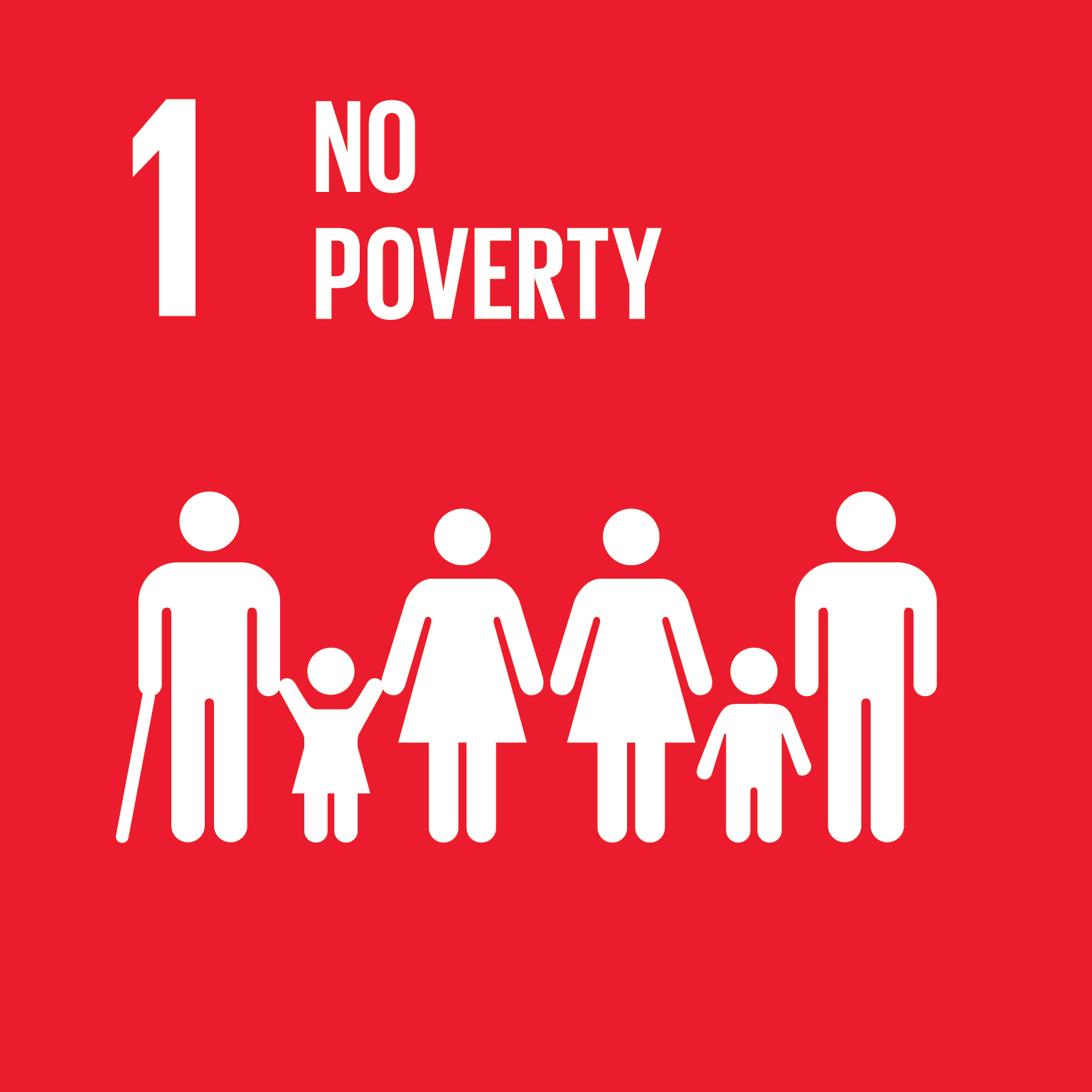Disaster Risk Reduction and Sustainable Local Development Training Courses
Challenges
There are increasing pressures on communities as a result of climate change and natural resource depletion, which in turn raise challenges for local development policy makers and practitioners to adapt to the new development landscape, especially in the field of disaster risk reduction, a precondition for sustainable development and decent work. To address this challenge, the ILO has developed training courses for local development in 2018-19, focusing on increasing resilience of business and livelihoods. The training courses aim at capacity building and knowledge exchanges for stakeholders in the Global South on local development issues, with specific emphasis on disaster risk reduction. This training contributes to ILO’s Outcome 4: Promoting sustainable enterprises, and is aligned with the UN Sendai Framework for Disaster Risk Reduction 2015-2030, with SDG 11 on sustainable cities and communities, and with the Employment and Decent Work for Peace and Resilience Recommendation, 2017 (No. 205).
Towards a Solution
Over the past few years the ITC-ILO and PARDEV/SSTC have developed a series of training programmes for local development policy makers and practitioners based on South-South and triangular cooperation modalities. The training programme directly contributed to the Flagship Programme on Jobs for Peace and Resilience. During the training programme, practitioners learnt about South-South and triangular cooperation principles, theory and practice. They then themselves brought these principles into practice by becoming part of the established community of practice on topics related to local development and disaster risk reduction.
The role of ITC-ILO and PARDEV/SSTC in this programme was to enrich South-South cooperation, providing the participants in the programme with high quality training inputs on local development and DRR-related topics; supporting participants to develop articles on successful policies and practices in their respective countries; and supporting the knowledge sharing platform and network of practitioners. Past experience in the programme has showed strong evidence of the existence of a solid network of policy makers and practitioners providing mutual support on topics of common interest, the creation of a growing knowledge base on successful policies and practices at the disposal of the network of practitioners, and the adoption of successful policies and practices in the different countries as a result of participants’ active participation in the training programme and the network of practitioners.
This training course expanded the network of South-South practitioners on disaster risk reduction and local development and strengthened linkages with various Outcome 4 initiatives in the Global South. In the context of increasing pressures on communities as a result of climate change and natural resource depletion, this project helped to facilitate knowledge acquisition, mutual learning and mutual support among policy makers and practitioners in developing countries with respect to policies and strategies that reduce the risk of disasters in the context of sustainable local development processes.
Concretely, this initiative provided scholarships to policy makers and practitioners working on local development, who were invited to prepare articles/posters on the policies and strategies under their responsibility. They benefited from participation in the training programme at ITC-ILO on disaster risk reduction, organized by ITC-ILO in cooperation with PARDEV/SSTC. They also learnt about SSTC principles and modalities, and will themselves become members of the community of practice nurtured by ITC-ILO and PARDEV/SSTC. Participation in the training courses then contributed to the ILO Country Programme Outcomes (CPOs), as participants in the programme were able to bring the acquired knowledge and skills into practice in the framework of CPO implementation. Such implementation in turn enriched the training programmes and the knowledge base available to the community of practice. The specific learning outcomes of the disaster risk reduction and sustainable local development training programme were –
- improved knowledge on the components of disaster risk reduction
- improved capacities to identify vulnerabilities and to deal with natural hazards
- enhanced capacities for the design of policies and actions to reduce the risk of disasters in the context of sustainable local development processes
- promote the Making Cities Resilient Campaign and expansion of the network of South-South resilient cities
- enhanced knowledge of SSTC principles and modalities.
Contact Information
ILO ITC, ILO Capacity Building and Knowledge Management
Countries involved
Regional
Nominated By
International Labour Organization (ILO)
Supported By
ILO PARDEV
Implementing Entities
ITC ILO
Project Status
Completed
Project Period
6/2018 - 6/2018
URL of the practice
www.southsouthpoint.netPrimary SDG
08 - Decent Work and Economic Growth
Secondary SDGs
11 - Sustainable Cities and Communities
Similar Solutions







